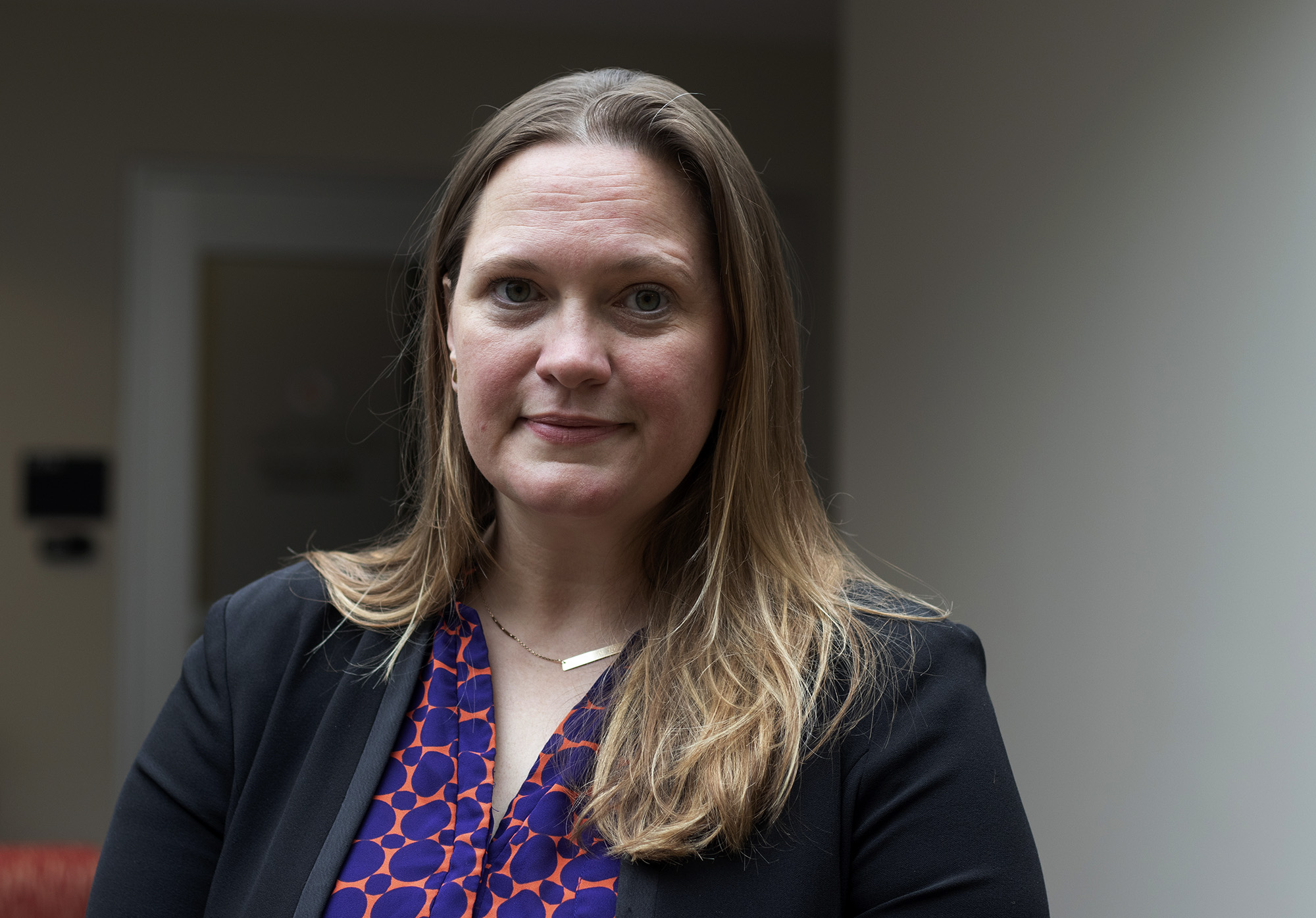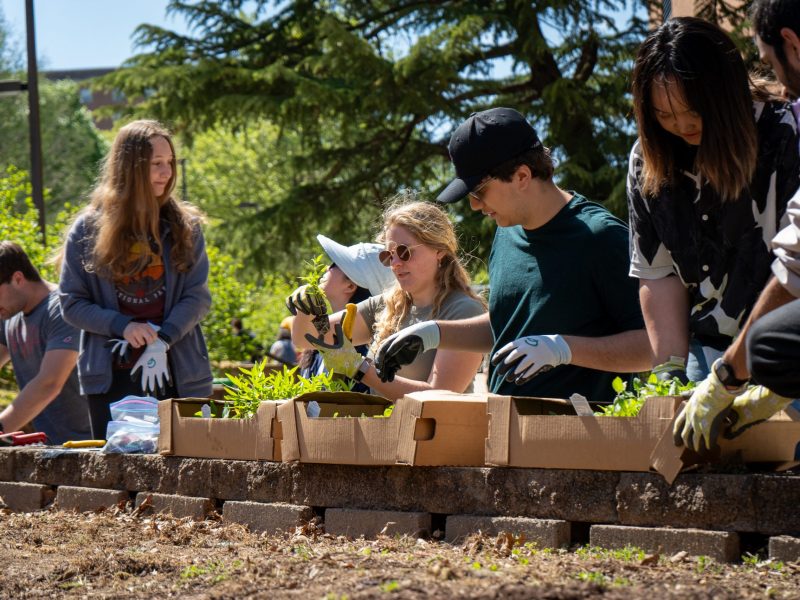Without policies to ensure young parents have access to mental health services, preventing intergenerational trauma can be a challenge.
Elizabeth Aparicio, University of Maryland assistant professor in the university’s public health school conducted research that found children born to young parents are at an elevated risk of abuse and that young moms coping with stress from trauma need support to meet the needs of themselves and their children. This includes mental health treatment and essentials like food, housing and diapers, but the two are often treated as separate.
Aparicio added parenting programs act as a form of intervention. It ranges from parenting classes to helping young women with children achieve financial independence. She explained the programs help set the next generation on a new trajectory.
“Often in the community, parenting programs are handled separately from mental health intervention,” said Aparicio.
Aparicio’s research will be published in time for National Child Abuse Prevention Month, which is in April. Aparicio worked as a social worker for a decade, helping teenagers and young women who experienced trauma while they juggled school, work and relationships.
She said children born to young parents are at higher risk of having low birth weights, academic challenges and becoming teen parents, among other things.
[UMD Horowitz Center would make health literacy more accessible]
Additionally, intergenerational transition of trauma comes into play, she said. When Aparicio is dealing with trauma, she said you need to deal with the entire family because it is never just about one person.
When it comes to intervention for trauma, Aparicio said there needs to be a holistic approach to what children are experiencing in their lives. It starts by helping the child feel safe in their body, at school, at home and in relationships. One approach is working with parents and other caregivers to ensure children can express their feelings without any fear.
“Children are always embedded within families and communities,” said Aparicio.
Amy Lewin, an associate professor in the public health school’s family science department, said the first thing for families seeking intervention is to be housed somewhere safe. Aparicio said one of her first clients was an example of how young parents with traumatic histories prioritize finishing school, getting jobs and finding safe places to live.
Her client was pregnant and dealing with a coercive relationship and past trauma. She didn’t have a family support system nearby, but she still prioritized finding security, like housing, in her life despite the challenges.
Lewin said when it comes to children who show signs of needing intervention, they may be more withdrawn, less interactive or be more impulsive. But it can be hard for people to seek help, she said, with different barriers like affordability and access of mental health providers.
According to a report from USA Facts in 2021, over a third of Americans live in areas lacking mental health professionals. Most of the shortages were in rural or partially rural areas — like Wyoming and Utah — whereas Northeastern states, such as New Jersey and Massachusetts, had the lowest shortages.
[Leaf my greens alone: UMD researchers will examine how stress affects leafy greens]
“We have a shortage of mental health providers in our country right now,” Lewin said.
While a lack of health care providers are structural barriers, Lewin added that there can also be social issues with stigma and additional problems from family members who aren’t supportive of the intervention.
Associate Professor Arianna Gard in the psychology department at this university explained there’s a cycle of violence — not just physical, but emotional, financial or sexual as well — that is a part of trauma, and it can be hard to break. However, she thinks issues are also systemic and there needs to be more generous social programs.
While we can support children and the vulnerabilities they face, parents also need to be helped, Gard said.
“If you help parents, you’re going to help children,” she said. “The reality is, parents are also living in environments that are stressful and have their own lifetime experiences.”
There are different types of therapy that someone may use and it’s also important to meet people’s needs, including food, money and safety. When issues rooted in the parent that could translate into their interactions with their child are helped, the cycle begins to break.
“If we want to help our next generation, we also have to help parents and family,” she said.
CORRECTION: A previous version of this story misstated that Elizabeth Aparicio conducted research indicating that children born to young parents are at an elevated risk of abuse to. The research existed prior to her work. This story has been updated.



